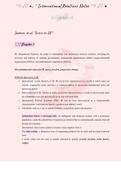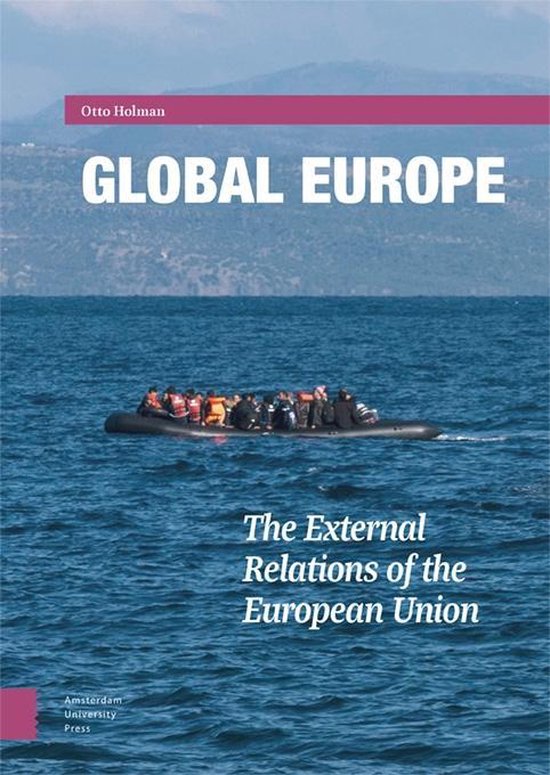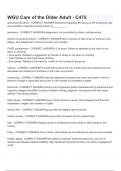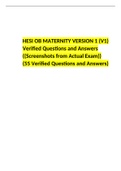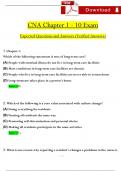College aantekeningen
Class notes for International Relations First Year UvA (Global Europe, Introduction to International Relations, Class Presentations)
- Instelling
- Universiteit Van Amsterdam (UvA)
- Boek
- Global Europe
includes lecture notes, all the article summaries, the entire Global Europe book summary, and the Jackson et al. book summary of chapters 1, 2, 3, 4,
[Meer zien]
